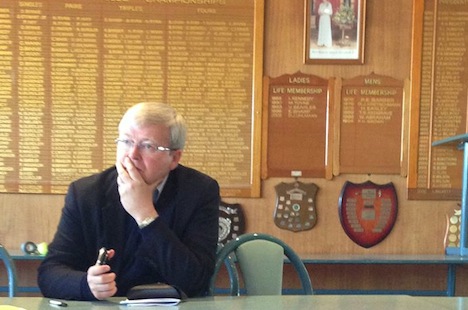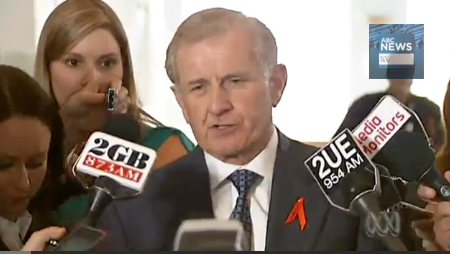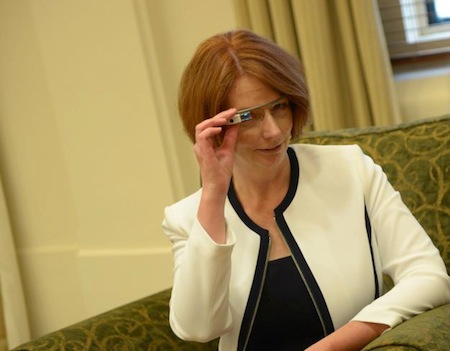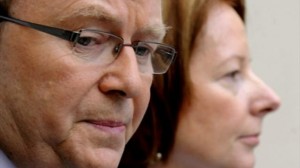There’s not a single week that goes by in world politics that’s not amazing, and being away this week in France for a wedding proves it.
We’v![]() e seen the longtime prime minister of Albania, Sali Berisha, concede defeat to the Albanian Socialist party leader Edi Rama after Sunday’s election (read Suffragio‘s preview of the June 23 Albanian election here), which apparently won 84 seats to just 56 for Berisha’s center-right Democratic Party, a strong majority in the country’s unicameral parliament. I’ll certainly have a bit more to add later in July when I’m back about how this could boost Albania’s chances for European Union membership — and I think it does. Rama’s pulled his party out of its communist roots into the social democratic center, and he’s now gunning to pull Albania ever closer to the center of Europe, so he’ll start off as prime minister with a strong start.
e seen the longtime prime minister of Albania, Sali Berisha, concede defeat to the Albanian Socialist party leader Edi Rama after Sunday’s election (read Suffragio‘s preview of the June 23 Albanian election here), which apparently won 84 seats to just 56 for Berisha’s center-right Democratic Party, a strong majority in the country’s unicameral parliament. I’ll certainly have a bit more to add later in July when I’m back about how this could boost Albania’s chances for European Union membership — and I think it does. Rama’s pulled his party out of its communist roots into the social democratic center, and he’s now gunning to pull Albania ever closer to the center of Europe, so he’ll start off as prime minister with a strong start.
W![]() e’ve also seen the appointment of a new prime minister of the Czech Republic in Jiří Rusnok, an economic adviser to the country’s new president Miloš Zeman, which raises even greater questions about Zeman’s push to become the country’s most powerful public servant following the resignation of the country’s prime minister Petr Nečas earlier this month. Nečas, prime minister since 2010 and already unpopular as the leader of the center-right Civic Democratic Party over austerity measures and a flatlining economy, couldn’t withstand charges of eavesdropping against his chief of staff, with whom he is linked romantically. In naming Rusnok, though, Zeman is indicating that he will try to take a very large role in policymaking, though the Civil Democrats want to appoint popular parliamentary speaker Miroslava Nemcova as the country’s first female prime minister and Zeman’s former colleagues, the Social Democrats, want to hold new elections. More on this soon, too — it’s going to set the course of the relationship between the Czech president and prime minister for years to come, just over 100 days after Zeman took office following the first direct election of a Czech president. It’s a move that The Economist called ‘Zeman’s coup,’ and that’s not far from the truth.
e’ve also seen the appointment of a new prime minister of the Czech Republic in Jiří Rusnok, an economic adviser to the country’s new president Miloš Zeman, which raises even greater questions about Zeman’s push to become the country’s most powerful public servant following the resignation of the country’s prime minister Petr Nečas earlier this month. Nečas, prime minister since 2010 and already unpopular as the leader of the center-right Civic Democratic Party over austerity measures and a flatlining economy, couldn’t withstand charges of eavesdropping against his chief of staff, with whom he is linked romantically. In naming Rusnok, though, Zeman is indicating that he will try to take a very large role in policymaking, though the Civil Democrats want to appoint popular parliamentary speaker Miroslava Nemcova as the country’s first female prime minister and Zeman’s former colleagues, the Social Democrats, want to hold new elections. More on this soon, too — it’s going to set the course of the relationship between the Czech president and prime minister for years to come, just over 100 days after Zeman took office following the first direct election of a Czech president. It’s a move that The Economist called ‘Zeman’s coup,’ and that’s not far from the truth.
That’s all while the Turkish and Brazilian protests continue apace (more on that this week), while the world waits in anxiety to learn about the health of South Africa’s former president Nelson Mandela and after former Pakistani president Pervez Musharraf will be tried for treason by the new government of Nawaz Sharif, the U.S. Supreme Court effectively ruled in favor of full federal rights for same-sex marriage and overturned California’s ban on gay marriage. Quite a week.
B![]() ut the most important news in world politics has come from Australia, where former prime minister Kevin Rudd (pictured above) has stunningly defeated Julia Gillard as the Australian Labor Party’s prime minister on a 57-45 leadership ballot — he’s already been sworn in. More on that tomorrow too. I’m pretty biased in favor of world heads of government named Kevin, but it’s not biased to say that Rudd’s sudden return as Australia’s prime minister transforms the September 14 election from an inevitable Labor loss into something much more competitive. I’m on holiday, but I will hope to have some thoughtful analysis on what this means for Australia, Labor, the opposition Coalition, Rudd, Gillard, and September’s election within hours.
ut the most important news in world politics has come from Australia, where former prime minister Kevin Rudd (pictured above) has stunningly defeated Julia Gillard as the Australian Labor Party’s prime minister on a 57-45 leadership ballot — he’s already been sworn in. More on that tomorrow too. I’m pretty biased in favor of world heads of government named Kevin, but it’s not biased to say that Rudd’s sudden return as Australia’s prime minister transforms the September 14 election from an inevitable Labor loss into something much more competitive. I’m on holiday, but I will hope to have some thoughtful analysis on what this means for Australia, Labor, the opposition Coalition, Rudd, Gillard, and September’s election within hours.







